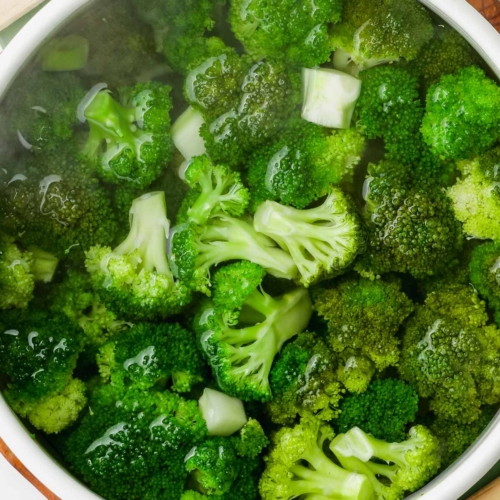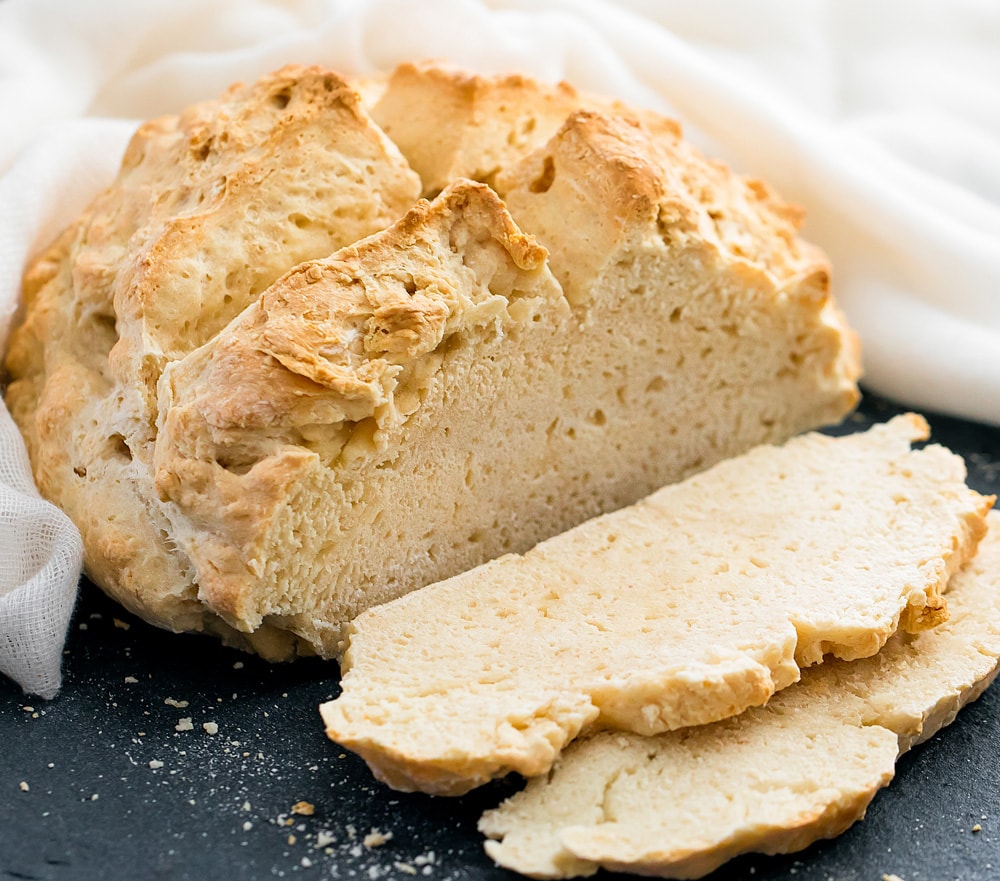Best 5 Ways to Cook Fresh Pasta for Delicious Meals in 2025

Essential Guide to How Long to Cook Fresh Pasta: Tips for Perfect Results in 2025

Fresh pasta is a delightful culinary treat that elevates home-cooked meals to a new level. Knowing how to cook fresh pasta correctly is crucial for achieving the right texture and flavor that makes it a standout dish. This essential guide will cover the best methods and timings for cooking fresh pasta to perfection.
Fresh pasta cooking time can vary depending on the thickness and shape, from mere minutes for very thin varieties to a bit longer for thicker cuts. In addition to understanding cooking times, the guide will also delve into several techniques and tips to avoid common pitfalls, ensuring you serve up a dish that could rival any Italian restaurant.
This article will take you through the necessary steps for boiling to perfection, cooking recommendations for various pasta shapes, and expert tips to enhance flavor and achieve that ideal al dente texture. By the end, you’ll have all the knowledge necessary to cook fresh pasta like a pro.
Understanding Fresh Pasta Cooking Techniques
Before diving into cooking fresh pasta, it’s essential to grasp the various techniques and approaches involved. This understanding will set the foundation for preparing delectable pasta dishes.
Basics of Cooking Fresh Pasta
Cooking fresh pasta differs greatly from dried varieties. Since fresh pasta is often thinner and contains more moisture, it cooks much quicker. Typically, fresh pasta requires boiling for 2-4 minutes, depending on its thickness. Always prepare a large pot of salted water to bring to a vigorous boil before adding the pasta. The salinity enhances flavor while preventing the pasta from sticking together.
Common Mistakes When Cooking Fresh Pasta
Many home cooks fall into common traps such as overcrowding the pot or not salting the water adequately. Overcrowding results in uneven cooking, while a lack of salt can lead to bland pasta. Another common mistake is inadequate timing. Always set a timer when boiling to prevent overcooking and ensure a perfect al dente texture.
Timing for Cooking Fresh Pasta Perfectly
Getting the timing right is crucial when cooking fresh pasta, as overcooking can lead to a mushy consistency that ruins the dish. The following sections will guide you through determining the optimal cooking time based on pasta shape and thickness.
How to Gauge Fresh Pasta Doneness
The best way to check if fresh pasta is done is to taste it. Start checking a minute or two before the expected cooking time. The pasta should have a firm bite, or "al dente." If cooked correctly, it will not stick to your teeth, making it a perfect texture for pairing with sauces.
Fresh Pasta Thickness and Cooking Time
Thin pasta like tagliatelle may be ready within 2-3 minutes, while thicker gnocchi can take 3-4 minutes or longer. Thin varieties require less cooking time due to their limited moisture content. Understanding your pasta's thickness is vital for achieving perfect results.
Expert Tips for Boiling Fresh Pasta
Once you've grasped the timing for cooking fresh pasta, it's time to elevate your boiling technique. Learn how to use different methods effectively, ensuring a satisfying culinary outcome.
Enhancing Flavor While Boiling
Enhancing the flavor of fresh pasta goes beyond simply salting your boiling water. Consider adding herbs such as fresh basil or oregano to the boiling water for extra essence. This allows the pasta to absorb some aromatic properties, enhancing its overall taste. For a hearty flavor, try adding garlic cloves or a splash of olive oil.
Serving Fresh Pasta with the Right Sauce
The sauce you pair with your fresh pasta can drastically affect the dining experience. Lighter sauces complemented by fresh herbs work well with thin varieties, while thicker, sauce-rich pasta types pair excellently with meat-based sauces. Exploring different sauce pairings can take your fresh pasta dish to the next level. For comprehensive pairings, refer to our pasta sauce recommendations.
Fresh Pasta Cooking for Large Groups
Cooking fresh pasta for a big gathering can be daunting, yet with the right strategies, it’s manageable and rewarding. Preparing meals that cater to several guests requires an understanding of space, time, and methods to keep pasta from clumping together.
Cooking Fresh Pasta in Batches
To achieve consistent results when cooking for large groups, cook fresh pasta in smaller batches. Ensure that each batch has ample space in the pot to move freely. This technique helps maintain temperature and cook evenly without sticking. After cooking, toss the pasta lightly with olive oil to prevent it from adhering.
Keeping Fresh Pasta Warm Before Serving
If you need to keep fresh pasta warm before serving, place it in a serving dish and cover it with aluminum foil to retain heat. Avoid placing it back in a pot, as that might continue the cooking process and ruin the texture. The goal is to maintain warmth without risk of overcooking.

Final Thoughts on Cooking Fresh Pasta
Mastering the cooking of fresh pasta is key for any home chef aspiring to create authentic Italian meals. With the right techniques, timing, and flavor enhancements, you'll be ready to impress friends and family alike. With practice and a few expert tips, you'll learn how to cook fresh pasta perfectly every time.
Recap of Key Fresh Pasta Cooking Tips
To ensure perfect fresh pasta dishes, remember the following:
- Always boil in salted water to enrich flavor.
- Adjust the cooking time according to thickness and type.
- Enhance flavor by using herbs in the boiling water.
- Taste test regularly for doneness.
- Adjust techniques according to group size and meal types.
For more cooking tips and instructions, explore our comprehensive cooking resources.
Fresh Pasta Cooking FAQs
As you embark on your fresh pasta cooking journey, common questions may arise. Below are some frequently asked questions that address typical concerns.
How Long Does It Take to Cook Fresh Pasta?
Cooking fresh pasta typically takes 2-4 minutes, depending on thickness. Always taste to check for al dente doneness.
Can I Freeze Fresh Pasta?
Absolutely! Fresh pasta can be frozen for up to three months. Ensure you dust it with flour to prevent sticking, and cook it from frozen without thawing for best results.
What Are the Best Sauces for Fresh Pasta?
Lighter sauces, such as olive oil-based or cream-based sauces, complement thin noodles, while hearty ragu and marinara work well with thicker pasta types.
How Do I Achieve Perfect Texture?
The key to perfect texture lies in cooking times and tasting periodically. Fresh pasta should have a slightly firm bite when done cokking properly.
What Should I Do If I Overcook Pasta?
If you accidentally overcook your pasta, you can mix it with a flavorful sauce or add it to a casserole to add moisture back, though texture will not improve significantly.
With these expert insights and proper techniques, cooking fresh pasta will no longer be a mystery but a rewarding culinary adventure.